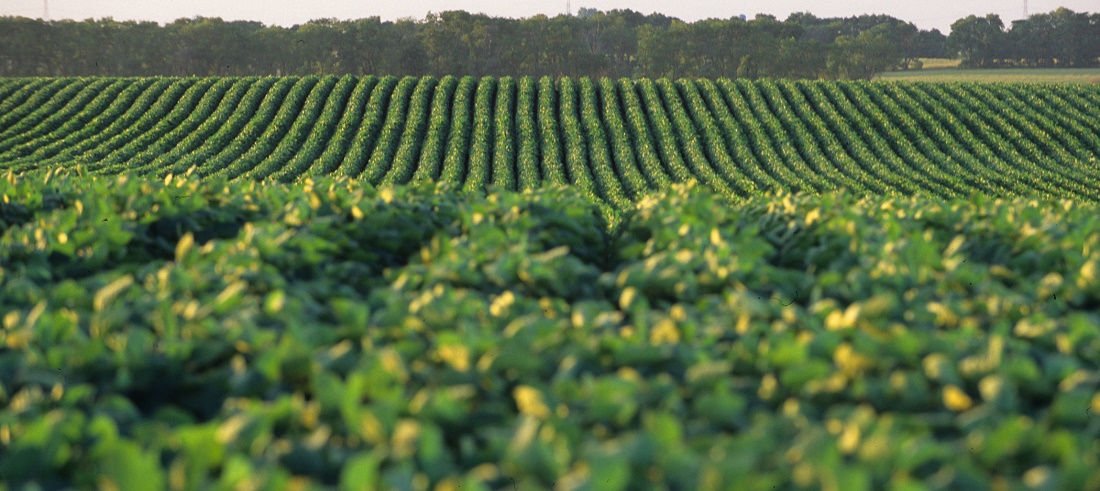
Argentina’s Export Duty Revisions Ease Tensions with Agroindustrial Sector
Dec, 19, 2023 Posted by Gabriel MalheirosWeek 202346
Argentina’s Secretariat of Bioeconomy, led by Fernando Vilella, has announced a significant shift in the export duty framework following a second round of discussions with the Mesa de Enlace and the Argentine Agroindustrial Council (CAA). This move marks a reversal of the initial proposal to raise export duties to 15%.
In a social media update, the Secretariat revealed an increase in the rate from 31% to 33% for soybean by-products while introducing a zero-duty policy (0%) for a range of critical products, including olives, rice, bovine hides, dairy, fruits (excluding lemons), horticulture, beans, potatoes, garlic, chickpeas/lentils/peas, honey, sugar, yerba mate, tea, horses, and wool. The wine sector will see a reduction from 15% to 8%, and the cereal and sunflower complex faces a 15% rate. Further reviews are slated for the pig, fishing, corn, and popcorn complexes.
See below the top most exported products shipped in containers from January to October 2023. The data is from DataLiner.
Top Containerized Exports | Argentina | 2023 | TEU
Source: DataLiner (click here to request a demo)
This announcement revises the communication from the previous week, where a 15% export duty was under consideration. The Secretariat officially stated, “It differs from the proposal submitted to Congress,” sparking dissatisfaction within the agroindustrial sector. Through the government of the Economy, the government aims to temporarily boost income, curb expenditures, and meet the committed fiscal target through this measure.
Salvador Vitelli, Head of Research at Romano Group, commented, “It becomes a more pragmatic measure, attempting to bridge the fiscal gap by sourcing funds from a sector already contributing significantly. While the agricultural sector has consistently made efforts, this is not a popular move.”
He added, “Confidence is now placed in its temporary nature, but if not, the sector’s sentiment toward the national government is likely to sour.”
Salvador Di Stéfano shared his perspective: “They persist in seeking benefits from soy, corn, and wheat. The numbers don’t add up; they are provoking the field, but the field voted for Milei. In my view, the numbers are in the red due to lower prices, rising costs, high rents, and numerous export duties.”
The CAA acknowledged the delicate state of public finances but reiterated the need for an agro-export policy fostering production and value addition. They suggested establishing a timeline for eliminating export duties for the Oleaginous and Cereal complexes, considering the fragile situation of regional economies.
The Argentine Oil Industry Chamber (CIARA) and the Exporter Center of Cereals (CEC) issued a concise statement, deeming it “awful news for the country’s economy.” They expressed concerns that the tax hike would constrain foreign currency flows and adversely impact soybean industrial employment, disrupting the previously recognized tax parity.
Dollar Impact: Devaluation on Agriculture
Presently, the “compensated devaluation” signifies an enhancement for 80% of agro-industrial productions compared to the status a week ago, courtesy of the narrowing exchange rate gap. However, this competitive edge could erode swiftly due to inflation, diminishing consumer purchasing power, and affecting sectors such as livestock and dairy.
The current risk lies in the exchange rate anchor losing ground against inflationary pressures. The proposal of a 2% monthly exchange rate adjustment amid high inflation could result in a loss of competitiveness in the export sector and stimulate imports.
Juan Manuel Garzón, an economist at IERAL (Mediterranean Foundation), estimated that by 2024, agriculture would contribute around $6.3 billion in export duties due to the harvest recovery. This marks a 43% increase from this year, heavily impacted by drought. The national government raised an additional $1.08 billion from the sector by raising rates.
Source: Ámbito
Click here to view the original news piece: https://www.ambito.com/economia/gobierno-lanza-un-nuevo-esquema-retenciones-subproductos-la-soja-suben-33-n5901902
-
Ports and Terminals
Jul, 17, 2019
0
Rio Port Authority announces changes in port
-
Ports and Terminals
Sep, 10, 2024
0
São Sebastião Port Kickstarts Accreditation of New Truck Staging Areas
-
Ports and Terminals
Dec, 07, 2020
0
First night trip on Rio de Janeiro’s Cotunduba canal for 335m long container vessel
-
Trade Regulations
Jul, 07, 2021
0
Flow of containers from Arabs to Brazil could be more efficient



